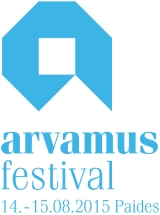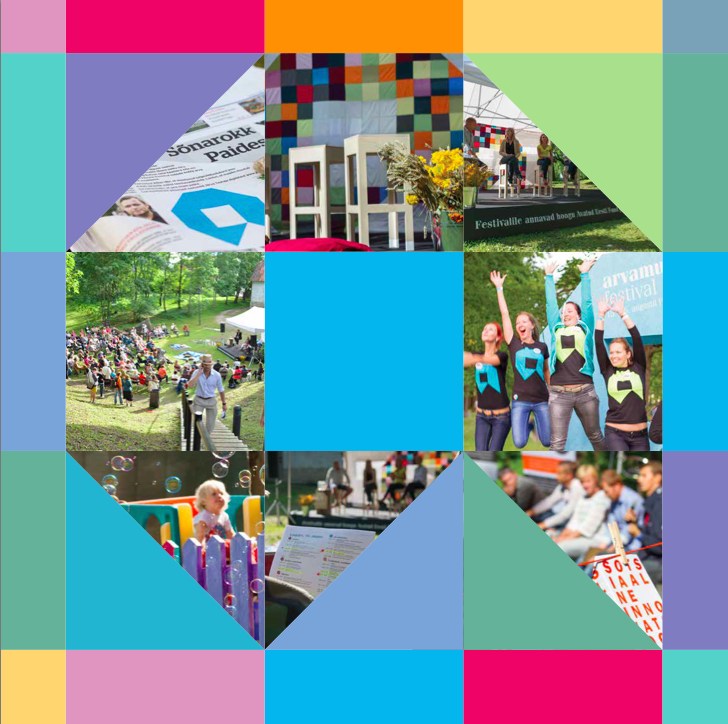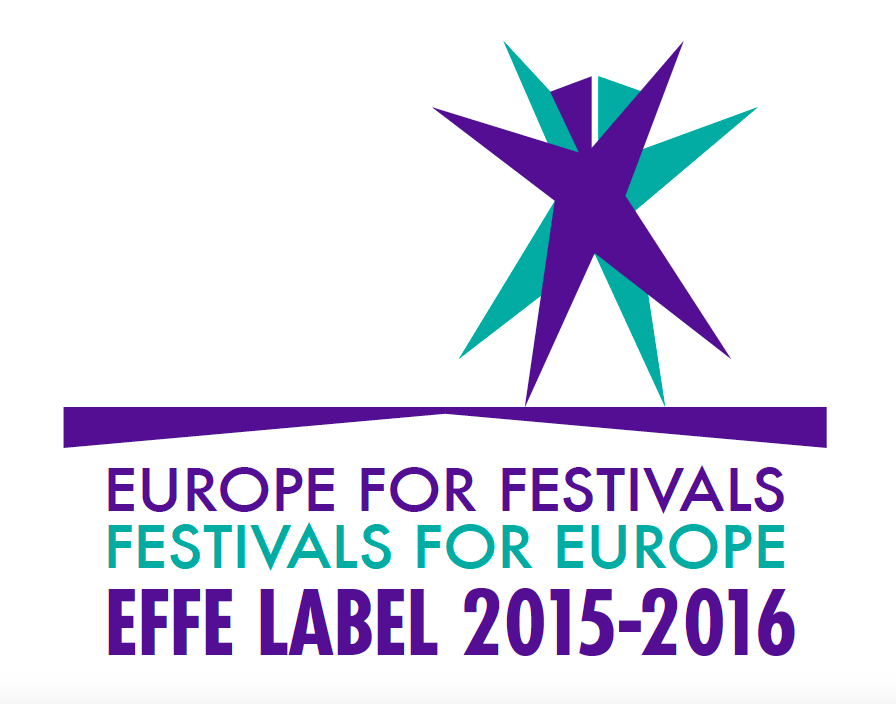The changes brought about by the digital society not only affect teaching and learning, but also the digital competence of employees – however the latter has not yet been clearly defined. It isn’t even clear, where the line runs between digital competence and digital poisoning, but the opinion festival’s digital education area discussions will hopefully clarify the questions and answers in this field.
The digital education area will feature several thought-provoking discussion topics: e.g. finding out whether the Estonian education system has been hit by digital poisoning. Ene Koitla from the Information Technology Foundation for Education (HITSA) will moderate the discussion on what are the fears and expectations concerning the inclusion of digital equipment in education. The discussion groups will be lead by recognised experts in the field, including Peeter Marvet, teacher Kalle Lina from Rakvere Secondary School, Airi Aavik from Virtsu school and local municipality official Jarno Laur.
The area will also include students who will discuss the possible use and benefits of several digital appliances in school and extracurricular life. The group together with students from Väätsa school and their teacher Anneli Tumanski will attempt to find opportunities for including parents and companies in this as well. The digital education discussions will end with a panel discussion on the future of the digitally poisoned – how to learn today so as not to lose one’s job to a computer tomorrow?
“We shall involve employers in the discussions as well to determine the profile of a digitally competent employee and what benefits may the employee reap from this,” explained Koitla. The panel discussion will also attempt to find out how severely may a digitally incompetent employee curb a company’s development. The session will feature presentations by Skype’s HR manager Merle Liisu Lindma, State Information System’s senior architect Priit Raspel, Kristjan Rebane from the Tallinn Technical University and Kaarel Kotkas from Jalax. The panel will be moderated by journalist Henrik Roonemaa.
The digital education area intends to engage experts from every field of life in the discussions – parents, school masters, teachers, students and employers. Koitla believes that since digital skills are necessary in every walk of life, the digital education area will interest people of all age groups and work profiles.
The digital education area is jointly organised by the Information Technology Foundation for Education, the Teachers Association and several IT experts. Students themselves will also be contributing towards the discussions and the topics.
The exact program is available here: arvamusfestival.ee/kava.



